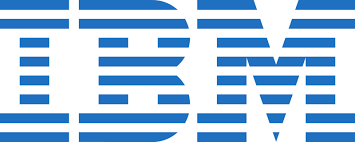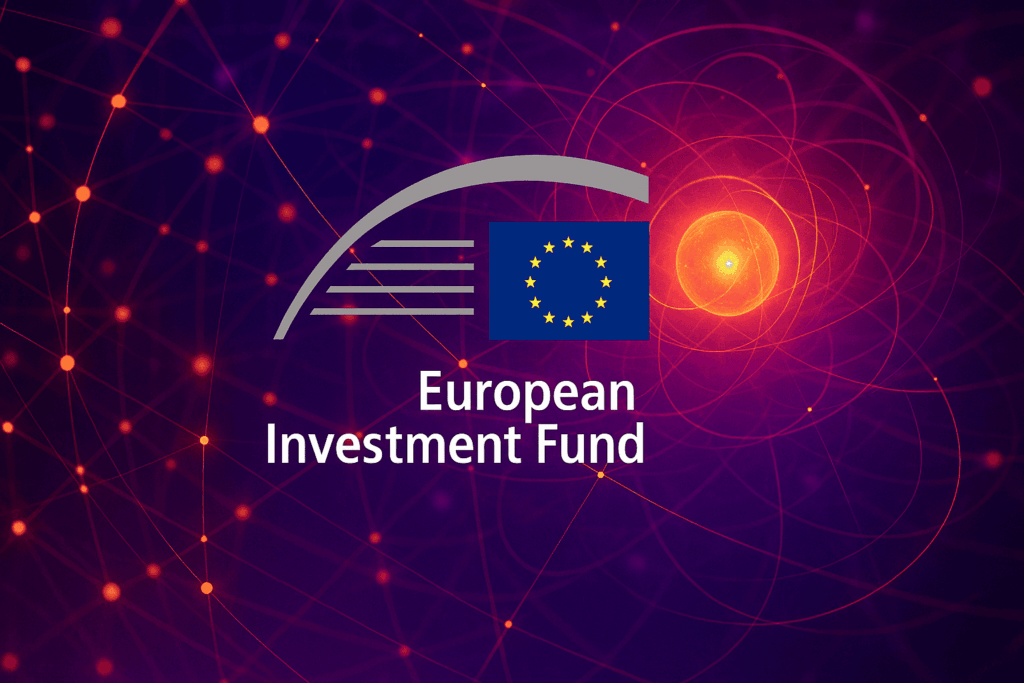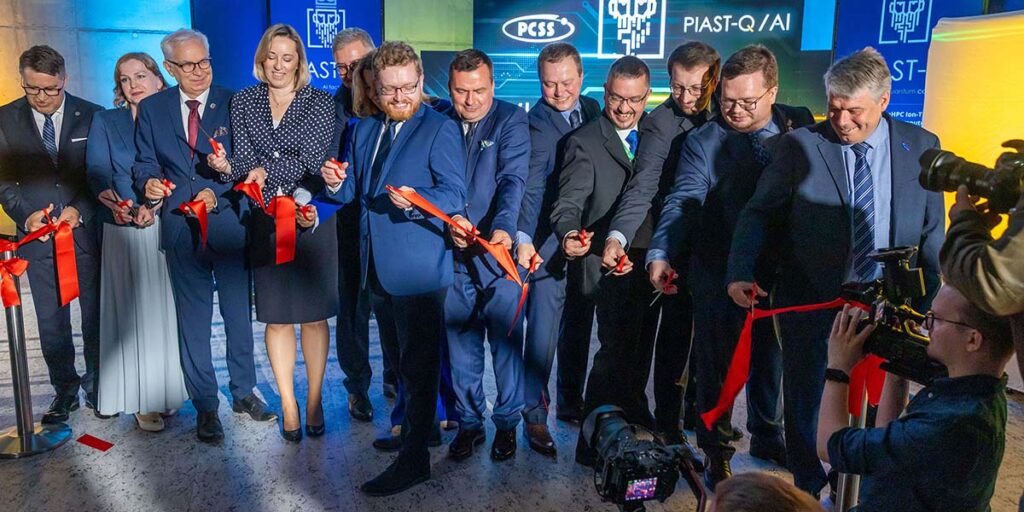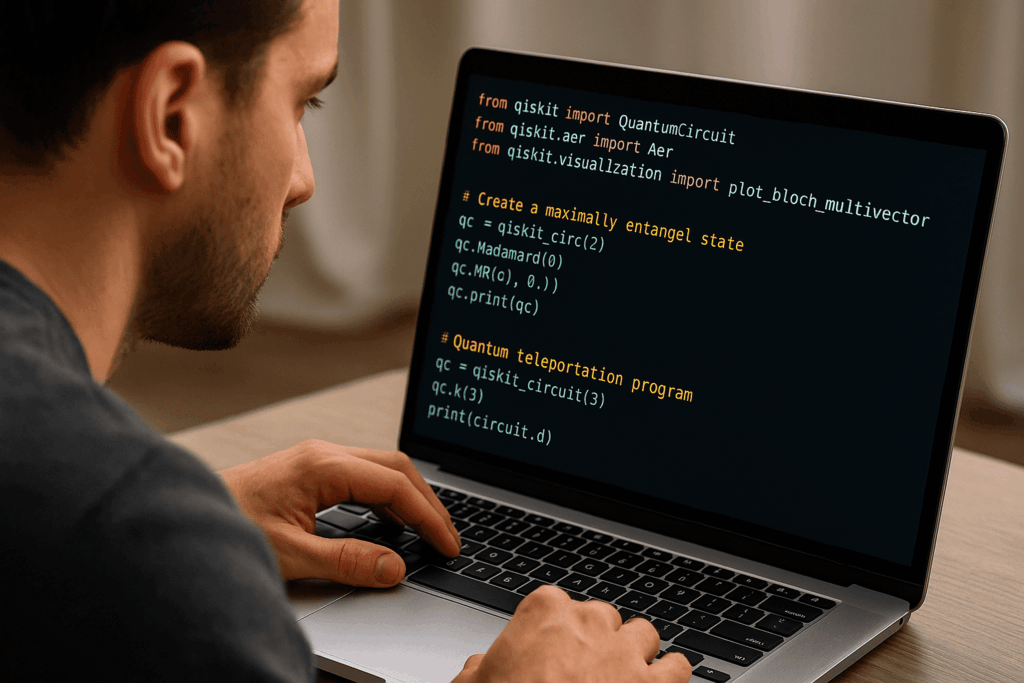Quantum computers and supercomputers are powerful machines used to perform complex calculations, solve problems, and analyze data. While both have the potential to revolutionize computing technology, they have significant differences in terms of speed and capabilities.
Supercomputers use a traditional computing approach with multiple processors to quickly crunch large amounts of data and achieve a single result. These computers are the fastest in terms of raw computing power, but can only tackle one task at a time and their processing capabilities are limited by Moore’s Law (the principle that computer processor speeds double every two years).
Quantum computers, on the other hand, use principles of quantum mechanics to process information in ways that traditional computers cannot, resulting in much faster processing speeds. They are capable of dealing with multiple tasks at once and can easily tackle complex problems that would take a supercomputer months to solve. However, quantum computers require more maintenance than their traditional counterparts, as they are extremely sensitive to changes in temperature and must remain isolated from external influences.
If you are wondering who would win in a battle of Quantum Computer vs Supercomputer, do not. Better wonder how those two can become a single supreme computation unit.

You may also like:
- IQM Quantum Computer Will Be First Quantum System to be Integrated Into a HPC Supercomputer
- Anyone Wondering How Quantum Computers and Communications Will Integrate With Existing Supercomputers?
- China’s Quantum Supercomputer Sets Quantum Supremacy
Key Differences
Supercomputer
The father of the Supercomputer is American electrical engineer Seymour Cray, who — beginning in the late 1950s — designed a series of computers that were the fastest in the world for decades. By definition, a supercomputer is a computer with peak performance when comparing it to a general-purpose computer.
These days, supercomputers have a plethora of useful functions, from weather forecasting to simulating the Big Bang — two examples of computational-heavy, data-intensive tasks.
So what is the computer we should stack up in the battle of quantum computer vs supercomputer? As of 2022, the Frontier, or OLCF-5, is the world’s first exascale supercomputer. Located at the Oak Ridge Leadership Computing Facility in Tennessee, the Frontier has been measured to achieve a Rmax of 1.102 exaFLOPS.

Quantum Computer
A Quantum Computer, on the other hand, is a machine that does computations that utilize superposition, interference and entanglement — all fundamental states of quantum mechanics — to run the important calculations. The term came about in 1985 when British physicist David Deutsch described the first universal quantum computer in one of his papers, though the seed of the idea arguably goes back to the beginning of that decade, when the legendary Richard Feynman asked the question: Can we simulate physics on a computer? at a 1981 conference on physics and computation at the Massachusetts Institute of Technology.
There is a lot of confusion in popular science circles and in the media as to what quantum computers can actually do. One lazy way of saying it is that they are just faster than supercomputers — this is wrong.
Although we are currently in the noisy intermediate scale, or NISQ, era of machines, quantum computers together with the quantum-inspired algorithms can be useful for combinatorial challenges like predicting traffic patterns, as well as cybersecurity and cryptography issues.
However, to really see quantum computers move away from the NISQ era towards “quantum advantage”, where better outcomes in verticals such as drug design, computational chemistry, financial modelling, and weather forecasting are predicted, several factors will have to change with the technology — these include, though are not limited to, the number of logical qubits within the system, drastically reducing decoherence times and improving error correction.
In 2021, IBM’s 127-qubit quantum computer with its Eagle processor was presented to the world. Double the size of machines made by Google and the University of Science and Technology of China, the Eagle is by far the most powerful quantum computer around.
As of May 2022, the Frontier supercomputer can do two quintillion calculations per second. According to IBM Research, meanwhile, IBM’s 127- qubit Eagle processor has a quantum volume of up to 128 on the Falcon r4 and r5 processors and can run as many as 2,400 circuit layer operations per second on the Falcon r5 processor. This doesn’t tell us much, but a 30-qubit machine could run trillions of floating-point operations per second.

It’s safe to say, though, that as of 2022 a supercomputer is far superior in computational power, at least in doing anything commercially useful.
Quantum Computer vs Supercomputer
Quantum computers are much faster and more powerful than supercomputers. They can process multiple computations simultaneously which makes them ideal for tackling complex problems that require massive amounts of data to be processed quickly. Supercomputers, are limited to working through one task at a time but extend to a wider range of tasks.
But, when we compare them directly it becomes a point of semantics that quantum computers could be described as a sub-set of supercomputers. Like supercomputers, quantum computers are expected to be good at a specific task, rather than replace our desktop computers and laptops. Indeed, they may also need significant maintenance and carefully managed data centres to be operated.
It is quite possible that we will cease to even delineate quantum computers from supercomputers in the future. In a hybrid world where we use CPUs, GPUs AND QPUs to solve different parts of highly complex problems, we may simply refer to this market as supercomputing or high-performance computing. Only time will tell if the supercomputer and quantum computer battle will become a successful collaboration.
If you found this article to be informative, you can explore more current quantum news here, exclusives, interviews, and podcasts.

![Quantum Computer vs Supercomputer [Features & Differences]](https://thequantuminsider.com/wp-content/uploads/1_v5lOagY_GhbizbJ0S03KmA.png)















